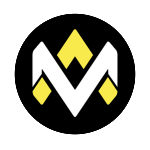In January 2017 I certified and completed my Postural Restoration Institute certification, deemed Postural Restoration Trained. In addition to certifying, I also helped out with approximately 6 courses this year for the Institute.
Want to know key lessons from assisting with the Postural Restoration Institute’s courses in 2017?
- New York City, NY (Postural Respiration) – May 6-7th
- Boston, MA, Northeastern University – (Myokinematic Restoration) June 10-11th
- New Haven, CT, Quinnipiac University – (Postural Respiration) – June 24-25th
- Philadelphia, PA (Cervical Revolution) – August 26-27th
- Philadelphia, PA (Pelvis Restoration) – November 4-5th
- New York City, NY (MyoKinematic Restoration) on November 11-12th
I also attended the Postural Visual course this past year in Boston for a total of 7 PRI courses. I also presented on information at the Cressey Sports Fall Seminar on plasticity of the brain, along with improving the qualities of the brain’s ability to express strength, power, and speed qualities.
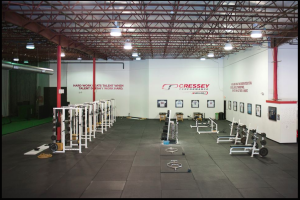
Further, I presented at two NSCA courses, one at the Massachusetts state clinic and one at the Mid-Atlantic Regional Conference (New Jersey, New York, and Pennsylvania regions), on youth athletes, and how early sports specialization may be viewed and expressed through a bird’s eye point of view, respectively.
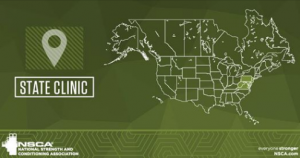
On top of this, I’ve been reading/juggling several books on the topics of motor learning, neuroscience, and generally and specifically the brain, from the recommendation from several friends.
At the end of the day, none of these items matter because if I can’t apply what I learn, I might as well have saved my money and put into something else like BitCoin.
To say that I’ve been busy is an understatement, and not from the context of trying to build a business, having a family, or other items, but in the context of developing my mindset, developing the solutions or path for a solution for problems that I see on a day to day basis, along with building the mental fortitude to trust my gut instinct when learning principles that I was previously unawares of from these subjects.

So What Are You Getting At…?
Learning takes time. So, I am choosing to learn, and choosing to help others learn. It was and still is an interesting journey, and I hope the following bullet points will help those who are trying to up their game. No, this isn’t any new or grandiose levels of information for the science nerd out there, but rather this is a focus inward, to help you understand the world that is external to you.
If you’re posting things on social media that is worthy of posting, it will take time to edit said photos/videos, post it to the appropriate platform, and also read and reply to whomever comments on these posts.
If you’re posting things online, I don’t think you’re learning new pieces of information that will help to change what you are doing now. You are simply re-organizing the information, at its best. This is because you may be re-organizing the information in your head so it is more cleanly introduced into the world. This does not reflect the fact that the information is simply that – the information.
“Science does not describe and explain nature, nature is merely exposed to our method of questioning.” -Werner Heisenberg
What I am talking about is the quite literal acquisition of knowledge from the external world (nature) that will hopefully be revealed by our brains (method of questioning). Sometimes, an individual’s ego is so large, that they will not be able to acquire new information, and hopefully they will not “bleed” into others sphere of influence that they will also stop other individuals from learning. It is my hope to help others to learn, and not the do the opposite.
With that said, here are my top lessons on helping people understand anything that is considered higher levels of information:
8 Lessons from Lab Assisting at PRI Courses
1. Don’t Make Assumptions.
This is a great line that I learned early on in life. The people I interact with in every course I have helped with could range from personal trainer, to physical therapist, to tenured head S&C coach, to any and all of the above in the professional settings (NBA, MLB, NFL, MLS, etc). Also, the PRI courses happen to draw in several individuals who are outside the context of our fitness and S&C bubble – dentists, psychiatrists, and sports specific coaches as well.
I approach each individual the same in order to improve their learning process:
- What can I assist you with?
- What is your background so I can switch the language that I speak in order to best convey the message to you? (I’d speak about swimming mechanics differently in comparison to a MiLB strength coach, along with a geriatric-focused physical therapist.)
One – I can’t make the assumption that you know what I’m talking about. There needs to be a foundation when learning anything – trigonometry needs foundational mathematics, any linguistics needs basic communication skills, and with Postural Restoration Institute information you will need to know the specific anatomy involved with orientation, patterned, and re-positioned muscle groups.

At the same time, if you’re an individual who is attempting to learn information about something that is relatively new to you, don’t make an assumption that you know exactly what is going on. Hear the WHOLE story before you make an assumption about ONE part of the story.
2. No One Cares About Your Title.
Titles do not solve problems, titles do not provide answers. Knowing the solution to the problem and knowing how to apply said information correctly solves the problem.
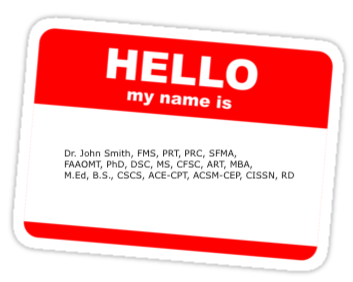
When you get to the solution, the title merely allows certain opportunities to be had – meaning if you have a certain title, some individuals will certainly listen to you. If someone who does not have the title, but sees the information for what it is – who is to deny this person this opportunity of learning? Learning is a meritocracy – if you can achieve certain levels of understanding, you will quickly move onto the next step (if you are ready for it).
3. Are you here to learn (and empty your cup), or are you here to talk (with a filled cup)?
If I need to explain this to you, you need to watch this video over again.
4. Asking genuine questions will lead to more fruitful and productive answers.
This doesn’t mean there is a “set” of amazing questions that will automatically make you seem smart.
Asking questions will often reveal the level that you are currently at. It creates an air of vulnerability, and will reveal to the room of individuals that you are at this level, and you do not understand a certain topic. If you ask a question out of aiming to impress someone else, it will often wreak ingenuity.
My hope during these courses is to reveal information that certain individuals may be too shy, too scared, or too nervous to ask, while obviously answering whatever else may be asked of me. This is because I too was in this position at one point, and I merely asked those who may be more knowledgeable what certain things meant, or how to troubleshoot (x) when I came across it. Others may not be as fortunate as myself, and do not have a community to support them.
5. Do you memorize, or do you troubleshoot?
Memorizing the manual will get you that – memorizing the manual. You will have memorized many steps, but what happens when you need to work with a live human being in front of you, with emotions, who reacts, has a pulse, and also has the ability to say to you, “I understand – what’s next?” or even better, “I don’t understand, what’s next?”
Understanding principles of a philosophy will allow you to say, “I haven’t gone past this step, but following my gut tells me I need to do (x) step.”
When you troubleshoot, you create theoretically new and innovative steps that other individuals have not done. This will help you understand how your brain works, instead of merely memorizing the steps or directions in the manual. Any information gained on how you work, how you think, and how you act helps reveal how you can avoid certain problems in the future. If you merely hit a roadblock in your memorized algorithm, then you’ll have no idea on how to act and troubleshoot.
6. Is the acquisition of knowledge “complete” once you finish a weekend course?
No, of course not. But the amount of people that loft around the fact that they have been to (x) course several times over and over is overwhelming. Before you believe you are “done” learning, ask yourself these questions:
- Have you gone over the manuals?
- Have you discussed what you’ve learned with those who have a higher level of understanding than you? This will allow you to brush up your own thought process, along with allowing your brain to be exposed to others as well.
- Have you also applied what you’ve learned in these other courses in an integrated manner?
- Can you explain this information to someone who hasn’t been introduced at all?
If you are “finished” learning, you have already identified that you are “finished” growing. Best of luck, and I will see you on the other side.
7. The information that is conveyed in these courses (and in the external world) is a type of reflection of truth, facts, and reality.
Information that you are not familiar with is 100% external to you – how you internalize it, how you absorb it, and how you make this information available for application will be reflective of your internal self.
Sure, you can “absorb” this information, begin speaking to several individuals who may not be exposed to said information,
For example, there are 3 lobes of lung on the right, compared to 2 lobes of lung on the left. How does this anatomical variable that should be present in all humans affect the ability to walk? Does it have a significant enough of a variable to cause a cascade of events that is presented in several courses, or is it not the utmost variable to identify?
As you can see, these aren’t even lessons in the anatomical, factual items that you can ascertain by going to these courses. These aren’t even the “A-Ha!” moments that people get when they go to certain events or talking with people. These are mostly reflective of the individual, how they can become influenced by good or bad professionals, along with questions posed inwards with the purpose of developing yourself.
If I were to write these types of explicitly deliberate, and declarative types of information, this would be a spin-off of those “Top 3 Things to Watch out For in a Hip Shift of a Squat.”
Learning information from a course is good – knowing how to apply it and actually get results in a quantitative manner is great/the best.
So, what does this leave you with?
- Do your methods actually net you quantitative and visible results?
- Can you describe why said principles are the way they are?
Asking better questions sometimes allows me to identify the truth that lies within an individual’s thoughts (my own or others), reveals clarity in a scenario that often does not have a clear picture, or allows me to dismiss something that was previously thought of as accurate.
This is also known as using the scientific method, something that individuals (at least, the ones that I’ve come across), fail to apply in their quest to convince others that they know what they are talking about.
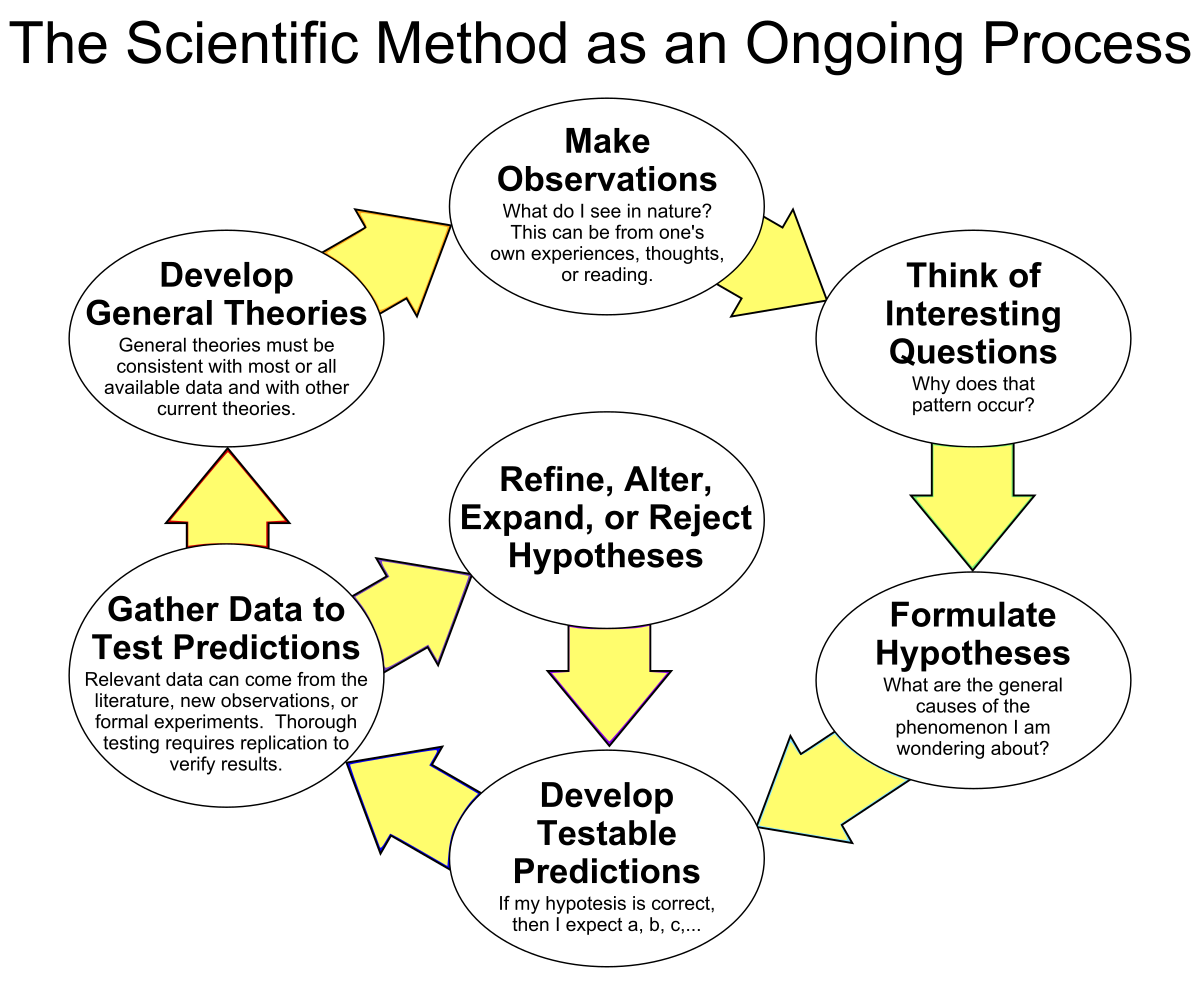
8. Do you believe in change?
While this might be the last bullet point in this series, it might be the most fundamental. If you walk around in life believing your clients can’t change, your parents can’t change, you can’t change, well what use will going to a continuing education course aimed at improving an individual’s orientation of space, and improving movement capabilities do for you?
This is also evident in the “empty your cup” bullet point, but it is a much simpler bullet point for people to read – understanding what change is in yourself is difficult.
If you have a specific logistics where you cannot achieve change in your external professional setting, who says you need to be limited within the space of your internal personal mind, and personal belief system?
—–
This post was a long time coming. I will be helping with more courses in the future, and I hope to keep on learning as long as my journey will allow.
As always,
Keep it funky.
